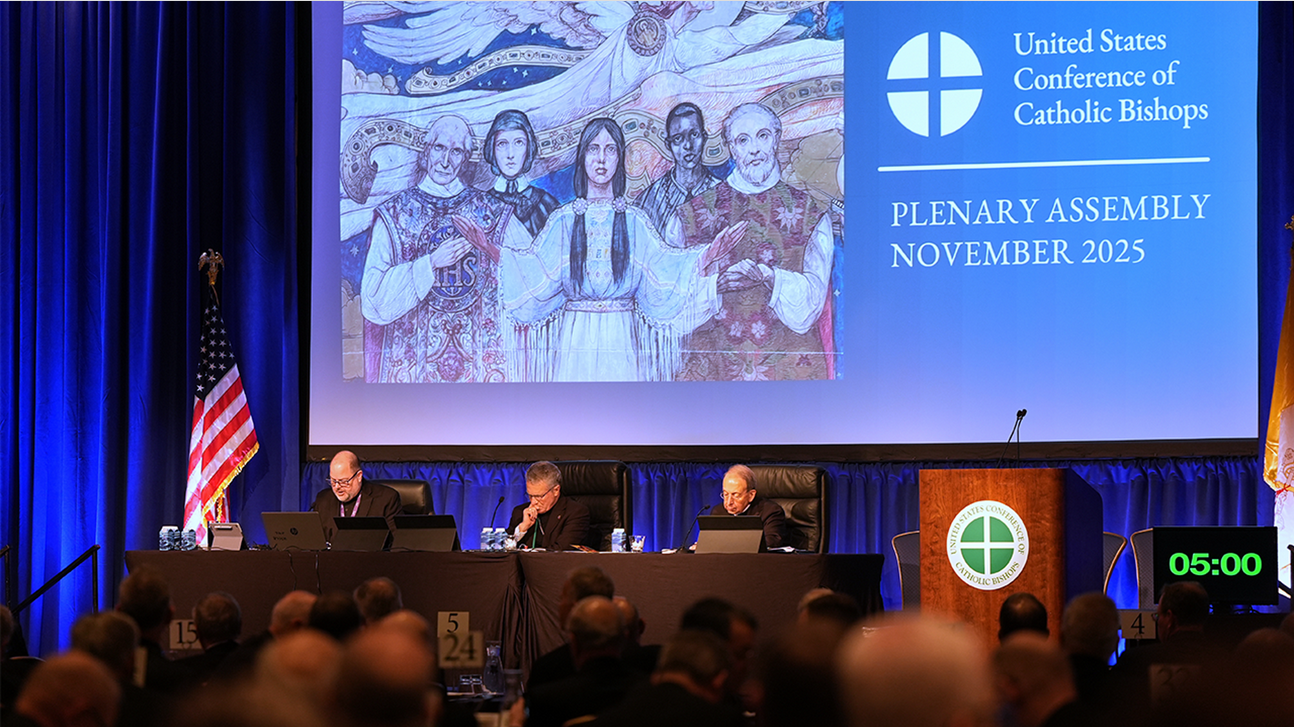
U.S. Catholic Bishops Vote to Prohibit Gender-Transition Treatments in Catholic Hospitals
Baltimore, MD – November 13, 2025
The United States Conference of Catholic Bishops (USCCB) has officially approved new directives that bar surgical and chemical interventions intended to change a person’s sexual characteristics at Catholic-affiliated hospitals in the United States.
The decision was made during the bishops’ plenary assembly in Baltimore, where the amendments to the Ethical and Religious Directives for Catholic Health Care Services were overwhelmingly adopted.
The revisions are said to formalize what many Catholic health institutions had practiced informally and clarify that Catholic hospitals under diocesan governance may not provide gender-transition treatments, including hormone therapies and surgery.
More than one in seven patients in the U.S. receive treatment in a Catholic hospital each day, according to the Catholic Health Association.
The announcement arrives in the context of broader debate over transgender healthcare, religious ethics and medical practice in faith-based institutions.
Major medical groups continue to support gender-affirming care for transgender patients, while the USCCB described the move as necessary to uphold Catholic teaching on the human person and the limits of technological intervention in the body.
In conjunction with the vote on healthcare guidance, the bishops also issued a rare pastoral message on immigration, denouncing mass deportations and calling for greater protections for migrant families.
Impact & Considerations
For Catholic health systems, the new directives will require operational review, staff training, and possibly policy revision, especially in regions where Catholic hospitals are the only or primary medical providers.
Transgender patients receiving care at Catholic-run facilities may face limitations on treatment options and will need to be directed elsewhere for gender-transition services.
The directive reinforces the autonomy of individual bishops in how they implement the new policies in their dioceses and hospitals.
Advocates for LGBTQ+ inclusion in religious institutions responded with criticism, arguing that access to gender-affirming care is a matter of human dignity and medical necessity.
The USCCB move is likely to draw legal and social scrutiny, especially in states with overlapping laws on transgender healthcare and non-discrimination protections.
As the Church and its affiliated medical institutions navigate implementation, the decision signals a firm stance from the U.S. Catholic hierarchy on where it draws the line between faith-based ethics and contemporary medical practice.